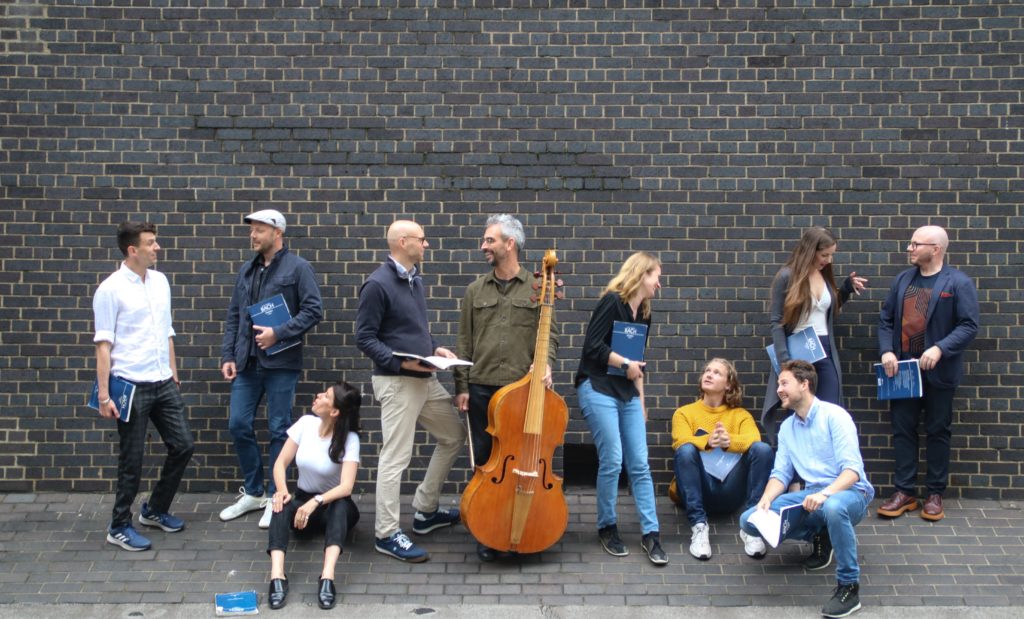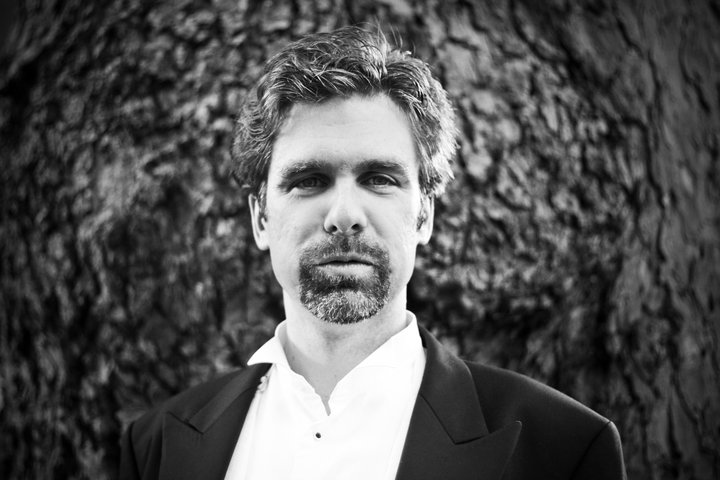
York Early Music Christmas Festival, Solomon’s Knot, Johann Kuhnau: Christmas Cantatas, National Centre for Early Music, York, December 16
JOHANN Kuhnau’s name has not carried much resonance in this country until recently. Even if you have played some of his keyboard music, you might still be unaware that he wrote some terrific music for voices.
That is all changing, thanks to Solomon’s Knot and its director Jonathan Sells. His ensemble of eight voices (including the bass of Sells himself) and 18 players delivered a thrilling programme of Christmas cantatas, three of them British premieres, which is extraordinary when you consider that the German composer died exactly 300 years ago.
The London premieres, incidentally, took place the following night: another feather in this festival’s cap.
So who was he – and why have we taken so long to acknowledge him? The fault lies with J S Bach, who in 1722 succeeded Kuhnau as Kantor (music director) at the prestigious Thomasschule in Leipzig.
Kuhnau’s choral works have slumbered in Bach’s long shadow ever since. Not Bach’s fault really, of course, but we have been distracted. For Bach learned a lot from Kuhnau and the proof was right here.
All five cantatas followed a similar pattern: a short orchestral intro (not a full overture) preceded a combination of recitative, aria and choruses, many of those being a heady mixture of chordal material and fugal procedures.
Unlike Bach, he made little use of formal chorales, incorporating them into orchestral textures. Nor did he mark off the various styles into separate numbers: they flow seamlessly from one to another. This enormously enhances their dramatic effect.

The first of the premieres, Singet dem Herrn, which uses two trumpets and a bassoon alongside strings and continuo, bore similarities to what in this country we call a verse anthem, solo voices incorporated into predominantly choral passages.
The final fugue ended slowly and majestically, à la Handel. O Heilige Zeit was not a premiere but is known to have a libretto by Erdmann Neumeister, Kuhnau’s go-to poet, who was widely popular for his cantata texts.
It opened with what to my ears was a full-scale double fugue. After a forceful bass aria, alternating long melismas with syllabic text-setting and sung by Sells, it peaked with a persuasive contralto aria delivered by Kate Symonds-Joy with excellent diction, before the final chorus.
Clarino trumpets returned for Das Alte Ist Vergangen, another premiere, which contrasted the old year and the New Year, via an analogy with the Old and New Testaments. Thus an old-style alto aria larded with coloratura was complemented by a more ‘modern’ bass aria smoothly sung by Alex Ashworth. The final ‘Happy New Year’ chorus was decidedly upbeat, trumpets dancing in triple time.
Not a premiere, but making colourful use of the familiar chorale of the same name, was Wie Schön Leuchtet der Morgenstern, where horns – with their bells upwards – and flutes added to the joy of the choruses.
Finally, and closest in style to Bach, we had another premiere in Frohlocket, Ihr Völker, which was notable for a stunning tenor aria beautifully articulated by James Way (who must make a superb Bach Evangelist). Its opening chorus, with trumpets and timpani back in the fray, had set the scene sensationally – and the finale was almost its equal.
The excitement generated throughout the evening was the musical equivalent of discovering Tutankhamun’s tomb: Solomon’s Knot has put Kuhnau firmly back on the map, and in marvellous style.
Review by Martin Dreyer
York Early Music Christmas Festival 2022 is streaming until January 31 2023 at ncem.co.uk, for £10 per concert or £45 for all seven festival events recorded at the NCEM.
